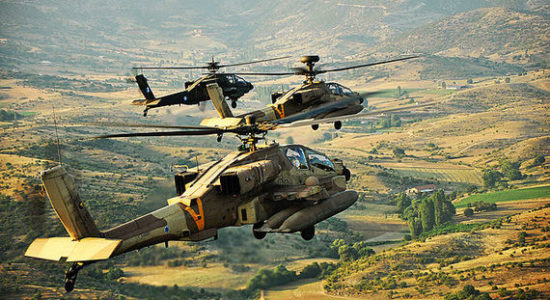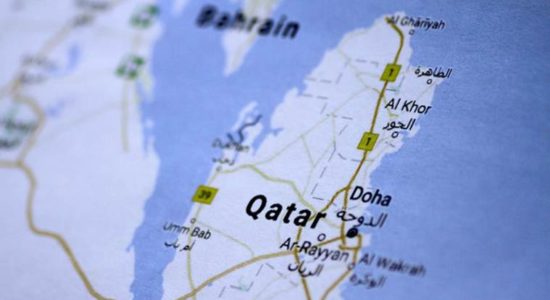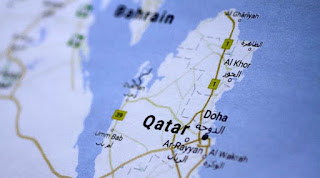Challenges facing Saudi politics
Over the last decade we have seen almost all of the larger Arab countries face a crisis that has significantly weakened their political system; from Egypt to Algeria and from Iraq to Syria. The only strong Arab country that has not faced a serious cris…







